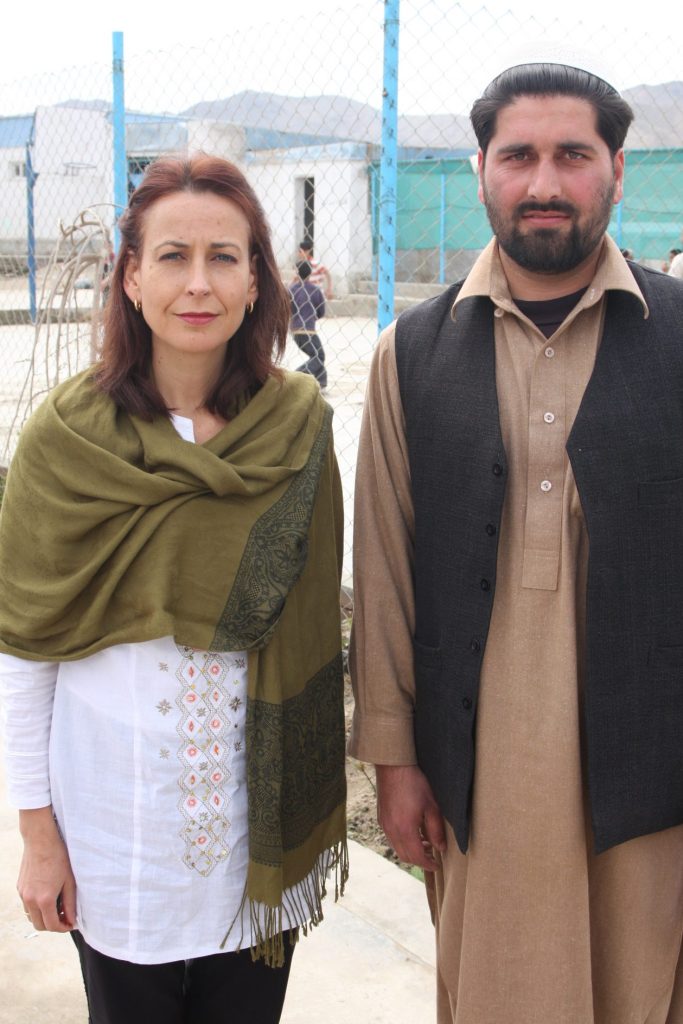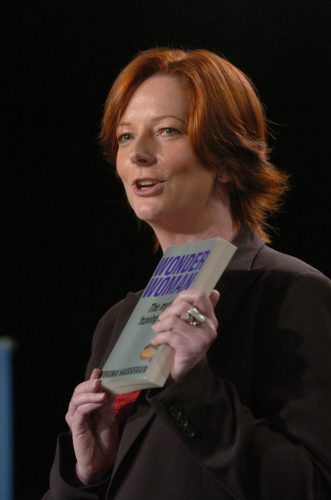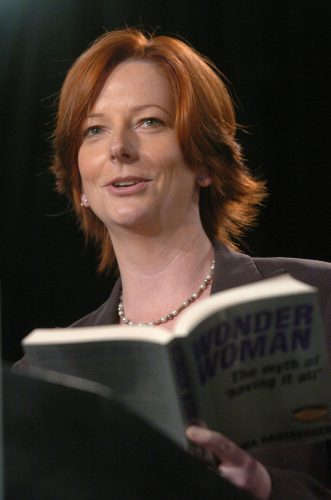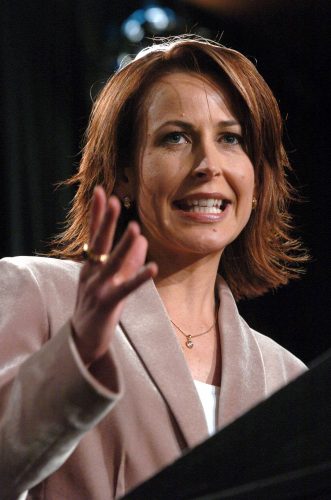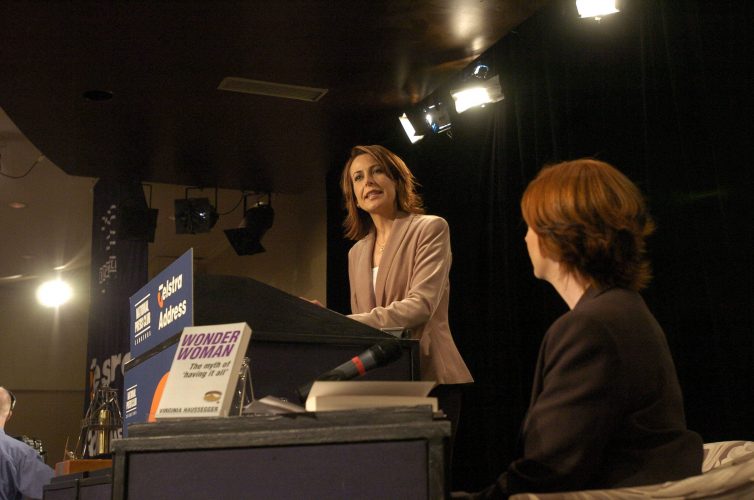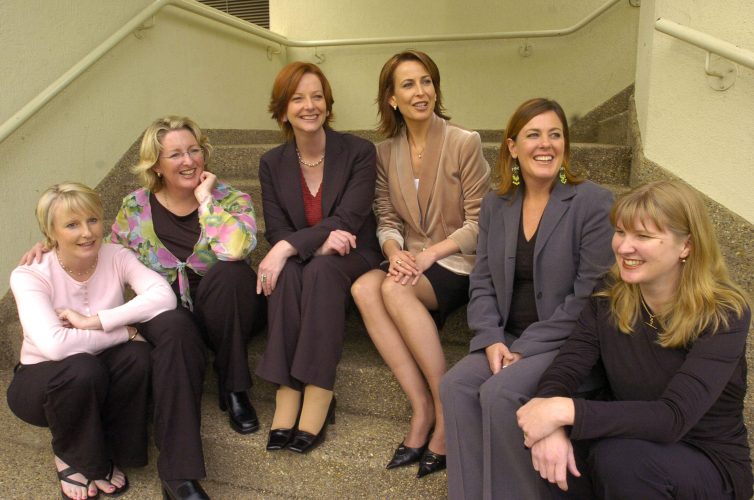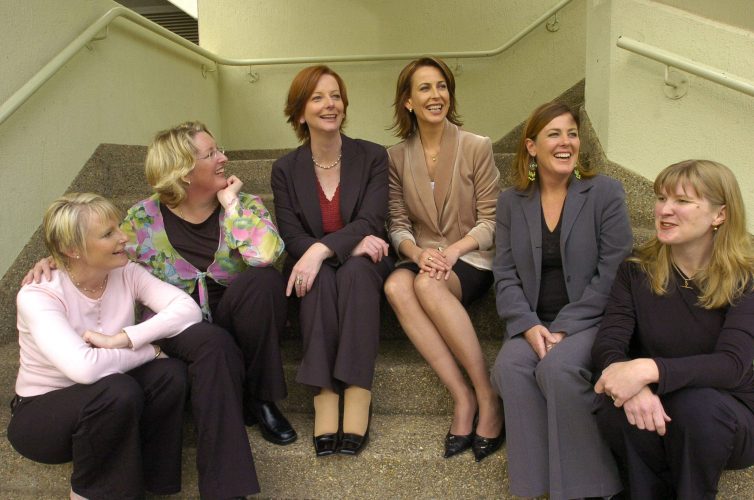The hardest thing about leaving Afghanistan is saying goodbye to friends. I could barely get Obaidullah to look at me. Just a week ago, I stood in the Kabul sunshine, in my filthy jeans and muddy boots, and decided not to try to hug him. A handshake would do. But still he wouldn’t look me in the eye.
Yes, there’s that cultural thing – a certain modesty between men and women. But it was more than that. I had US dollars in my pocket and an Australian passport in my pack. It wasn’t envy that made Obaidullah overcome with shyness. It was awe.
For a young man who has risked his life three times to try to make it to Australia in overcrowded, leaky boats, the simplicity of my exit must have seemed unreal. How is it that I can walk freely through customs and be greeted with “welcome home”, when people such as Obaidullah drift at sea for weeks, nursing sick and traumatised compatriots, convinced they are about to die? All the while desperately scanning the horizon for a glimpse of Australia.
Obaidullah is 33. His country has been in a state of war all his life. He was a toddler when Soviet troops invaded Afghanistan and a teenager when they pulled out. Then the Mujahideen factional war took hold. In the year he turned 18, 10,000 citizens were slaughtered in his home city of Kabul. By the time Obaidullah was 20, the Taliban were in control and terrorising the nation.
Since 2001 and the flood of US, NATO and allied forces into Afghanistan, this war-weary man has seen a steady increase in suicide bombings in his neighbourhood.
Is it any wonder Obaidullah, and thousands like him, dream of coming to Australia?
Right now, some of the Afghan burn victims from last week’s boat explosion off Ashmore Reef must consider themselves lucky. They’ve made it on to Australian land. Now they have the right to seek refugee status – if, of course, they don’t die from their injuries first.
But the 29 asylum seekers who escaped injury and were transported to the oil rig Front Puffin are no doubt devastated to learn that, despite being handled by Australian authorities, they’re actually on territory that has been excised from Australia. As such, they have no claim on us. And we have no obligation to them. Apparently, claims of morality don’t come in to it.
At its core, morality isn’t complex. It’s quite straightforward. So too are issues of obligation and responsibility towards people in need. We don’t need policy to tell us that. We know it in our hearts.
Ironically, Obaidullah told me over the phone, as we discussed the recent tragedy off Ashmore Reef, that he believes morality is what defines Australians: “They are such generous people. Humanitarian people.”
I didn’t need to remind him of that disgraceful moment in our history when Australia squirmed, argued and lied over thin lines on a map, and quoted inexcusably poor policy, in order to justify treating asylum seekers aboard the Tampa as if they were maggots from the sea.
Nor did he need reminding of the death of 353 people aboard the fateful SIEV X, and how Australia shrugged it off as “not on our watch, not in our waters”.
Those terrible things happened before Obaidullah made his three attempts to reach Australia. He only ever got as far as Ashmore Reef. He says his boat was turned back to Indonesia at gunpoint, and that Australian soldiers said: “If you come back, we will shoot you.”
After three years, 11 days and 20 hours in detention in Indonesia, Obaidullah was sent home. He now works at Hope House orphanage, a beautiful, safe and calm oasis on the edge of chaotic Kabul. Fully funded by Australian donations, it houses 106 orphans and provides food and money to several hundred poverty-stricken widows.
Last week I was at Hope House, working with Obaidullah, when we opened the compound gates to three Australian Army vehicles. The soldiers had come to play with the kids and donate some blankets, toys, balls, sweets, even a guitar. It was a truly wonderful afternoon. The children lapped up the attention, and I marvelled at how much hugging went on.
Obaidullah was all smiles. “Australians are so good. Such good people,” he said.
At heart, I’ve always believed that to be true. What I didn’t know was that Afghans are so forgiving.
